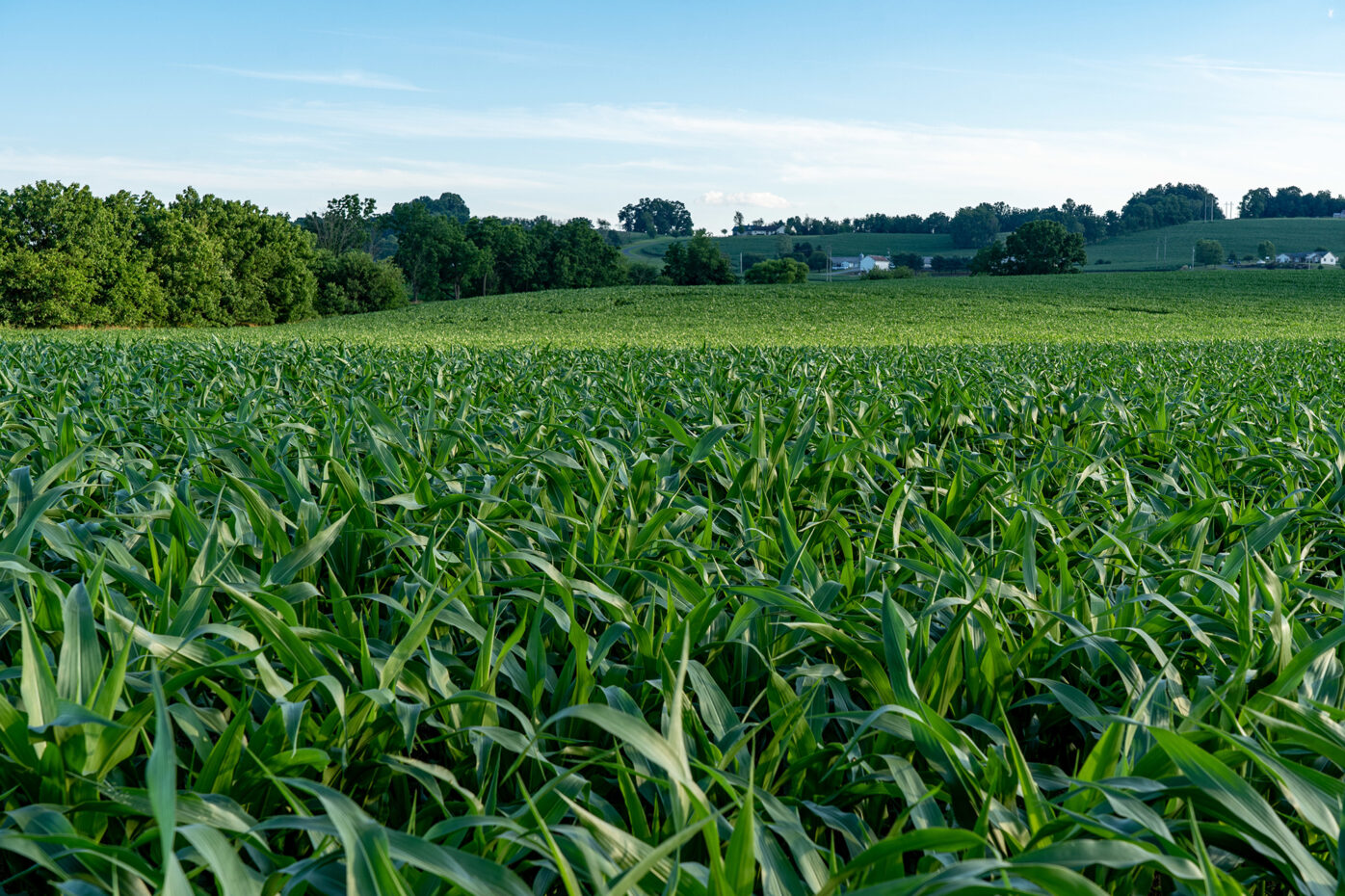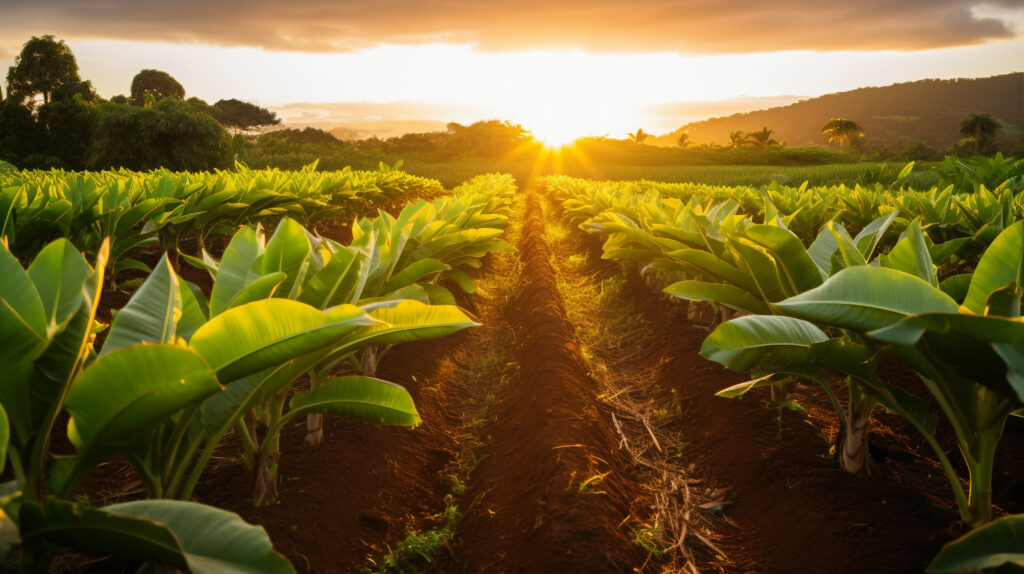Eduardo Brito Bastos
CEO of Instituto Equilíbrio
The Green Path Brazil Program, launched by the Ministry of Agriculture and Livestock in April, aims to restore 40 million hectares of degraded land through regenerative agriculture over the next decade. The initiative builds upon updates and advances to the foundations of the National Program for the Conversion of Degraded Pastures into Sustainable Agricultural and Forestry Production Systems (PNCPD), created in 2023 by Decree No. 11,815.
Financing for Green Path Brazil involves various strategic partnerships among the government, financial institutions, and representatives of the agricultural sector. One of the main fundraising mechanisms is Eco Invest, a state financing program aimed at restoring degraded land. The second Eco Invest auction, recently announced, aims to raise R$10 billion to restore 1 million hectares across the Atlantic Forest, Cerrado, Caatinga, Pampa, and Pantanal biomes. The program is supported by public and private banks, which are structuring credit lines dedicated to regenerative agriculture.

The Brazilian government is also seeking international investments, particularly from funds focused on climate change mitigation and sustainable development. This initiative directly aligns with the Climate Plan and the goal of achieving zero deforestation by 2030, which may attract resources from multilateral organizations. These partnerships have a significant impact on agribusiness, enabling transformation and development in rural production. With the restoration of degraded areas, it is possible to increase productivity without expanding the agricultural frontier, thus reducing pressure for deforestation. Furthermore, the program strengthens the potential to expand income sources for the sector by offering access to new financing and incentives for sustainable agricultural practices.
Another relevant impact is international competitiveness. The global demand for low-carbon agricultural products is growing rapidly. Major agrifood corporations are heavily investing in the transition to regenerative practices, aiming to reduce carbon emissions and improve soil health. According to the study “Regenerative Agriculture Market,” produced by the Indian business intelligence firm Evolve, the global market for this sector has already surpassed USD 10 billion and is expected to grow at an average annual rate of 16% through 2033. Brazil is well-positioned to emerge as a leader
in agricultural practices and innovative public policies, attracting investments and expanding markets for exports.
The restoration of degraded areas is one of the most concrete and scalable levers to drive low-carbon agriculture in Brazil. Instituto Equilíbrio recognizes the transformative potential of programs such as Green Path Brazil and advocates for the continuous improvement of these policies through technical, nonpartisan, and evidence-based dialogue. By building solutions that reconcile productivity, sustainability, and inclusion, Brazil can lead a new phase of agricultural growth that respects its biomes, strengthens food security, and expands access to more demanding and environmentally conscious global markets.




